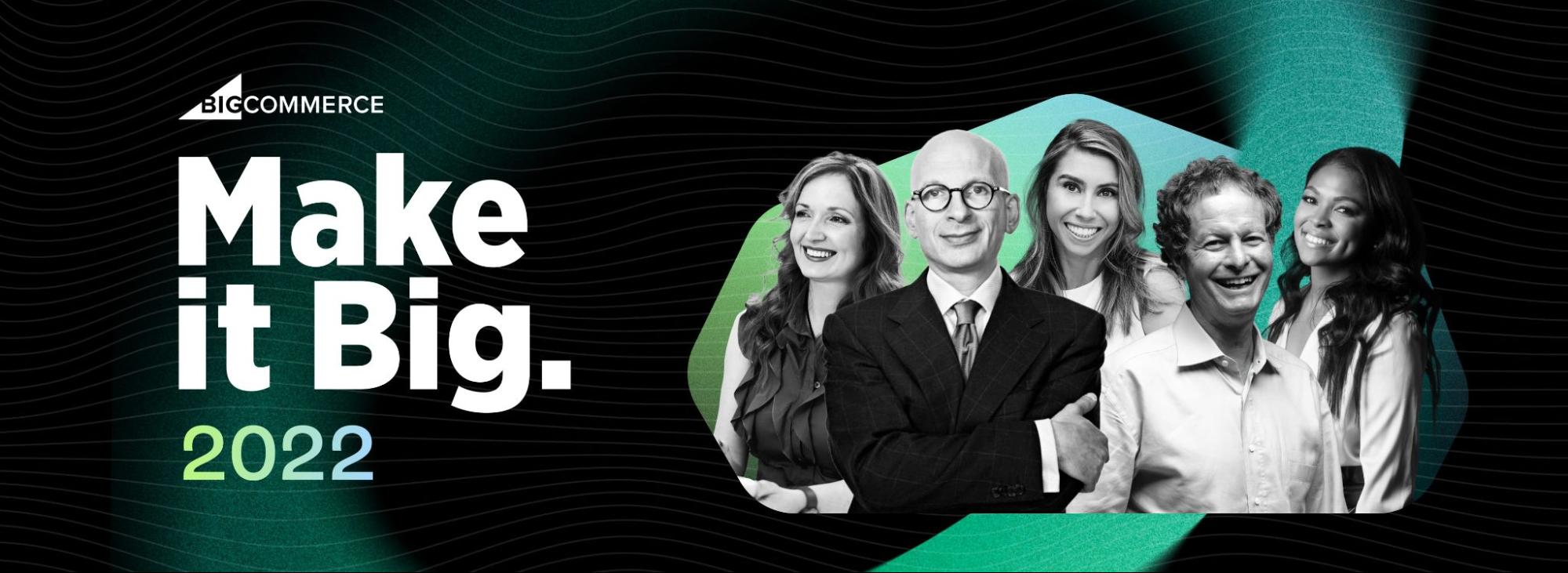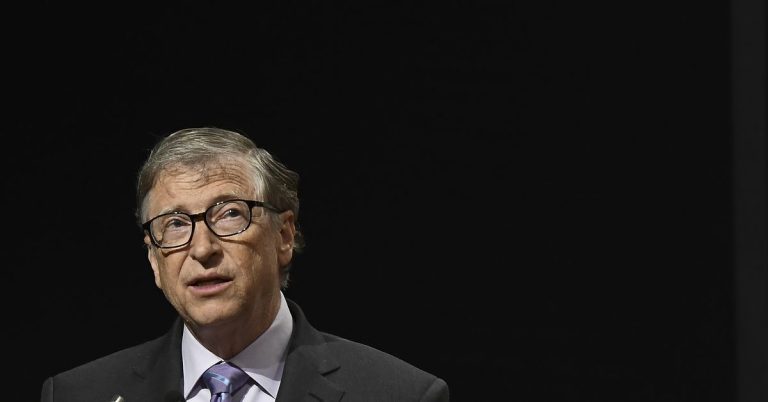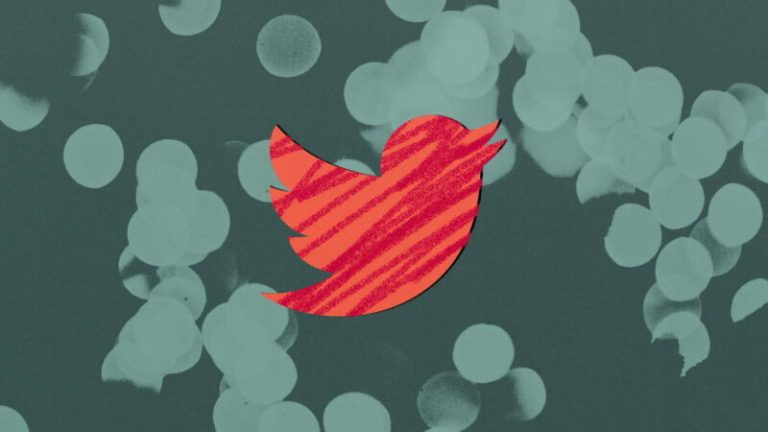
No matter what industry you’re in or where you’re from, you can’t talk marketing without mentioning Seth Godin. The Marketing Hall of Famer has his imprint everywhere.
Godin is the author of 20 books that have been bestsellers around the world and have been translated into more than 35 languages. His blog (which you can find by typing “Seth” into Google) is one of the most popular in the world. His podcast is in the top 1% of all podcasts worldwide.
Whenever Godin publishes his thoughts, audiences flock to it.
At BigCommerce’s 2022 Make it Big Conference, Godin sat down with BigCommerce Chief Marketing Officer Lisa Eggerton to discuss modern marketing, consumer behavior and expectations, performance marketing and so much more.
Seth Godin’s Key Takeaways at Make it Big 2022
Those who have seen Seth Godin speak know that he is not only knowledgeable, but also relatable, and leaves his audiences with many takeaways. BigCommerce was excited to have him bring that energy to Make It Big 2022.
Here are a few key takeaways from his keynote session:
Lisa Eggerton: Common sense plus human psychology is how you’ve defined marketing in different environments. With so much prevalence in social media influencers, is the bar pretty low for common sense plus understanding of human psychology, or that actually a really high bar?
Seth Godin: “Well, common sense isn’t that common, I’m afraid. Many of the people who are using social media are not the customers of social media, they are the product. That we have been indoctrinated and seduced into using each social media channel the way the owners and founders want us to, as opposed to doing something that we, and the people we seek to serve, want to do.
“Your job isn’t to make Twitter happy. Your job is to say, ‘How do I use this channel to help the people I’m serving?’ And to do that, we’ve got to figure out who’s it for and what’s it for. Who exactly are we seeking to serve and why did we even bother showing up today?”
Looking to watch more Make it Big 2022?
REGISTER FOR FREE
LE: Let’s talk about the shift in consumer behavior and consumer expectation. I know pre-pandemic it was already high… It seems like the pandemic exponentially increased this expectation. True or false?
SG: “When I walk into a bookstore these days, I get frustrated, because they didn’t reorganize the bookstore instantly when I walked in, eliminating all the books I’ve already purchased and putting the books I want to purchase in the front. Because that’s what I got taught, it’s what happens when I go to buy books. And we made a promise to consumers, which is convenience and low price, wherever they go, whenever they get there.
“It used to be that a car might break every three or four or 5000 miles. Now they never do. Go down the list. Quality is a promise made and kept, and we have raised the quality of so many things. What does this mean for somebody who wants to show up in the world and solve a problem? Well, it means two things.
“First of all, that you have to meet the minimum table stakes. You have to make something that checks the boxes. It’s convenient in the sense that it keeps its promise and its quality in that it does what it says it’s going to do. But then. the next step, particularly for a small business, is you’ve got to do something that other people aren’t doing.”
LE: A brand goes in and out of favor, in a way. What do you suggest is the right balance of focus on brand versus performance marketing?
SG: “[There’s] lots of things to define. A brand is not a logo. Lots of marketers who should know better say, ‘We’re doing a rebranding exercise.’ No, you’re not. You’re just changing your logo.
“A brand is a story. It’s a promise. It’s what people expect from you. And brand promotion, which used to be called advertising, is the idea, not that you’re going to do something that you’re going to measure, but that you’re going to do something that’s going to sit with people.
“So when you sponsor a podcast, you are doing branding work. Because I’m not going to go buy MailChimp right now, I’m driving my car. But you’ve told me a story that might sit with me. If you start measuring it, you will do a bad job, because the measurements won’t be accurate. The alternative is performance, which is direct marketing… If you’re going to do performance marketing, you better measure, and you better be really clear about what you’re measuring.
“If it works, do it more. If it doesn’t work, stop doing it. And where the pain and suffering comes in is when we mix the two and we think we’re doing brand marketing as an excuse for when our performance marketing doesn’t work and we end up compromising our brand to make our performance go up and we end up with nothing.”






